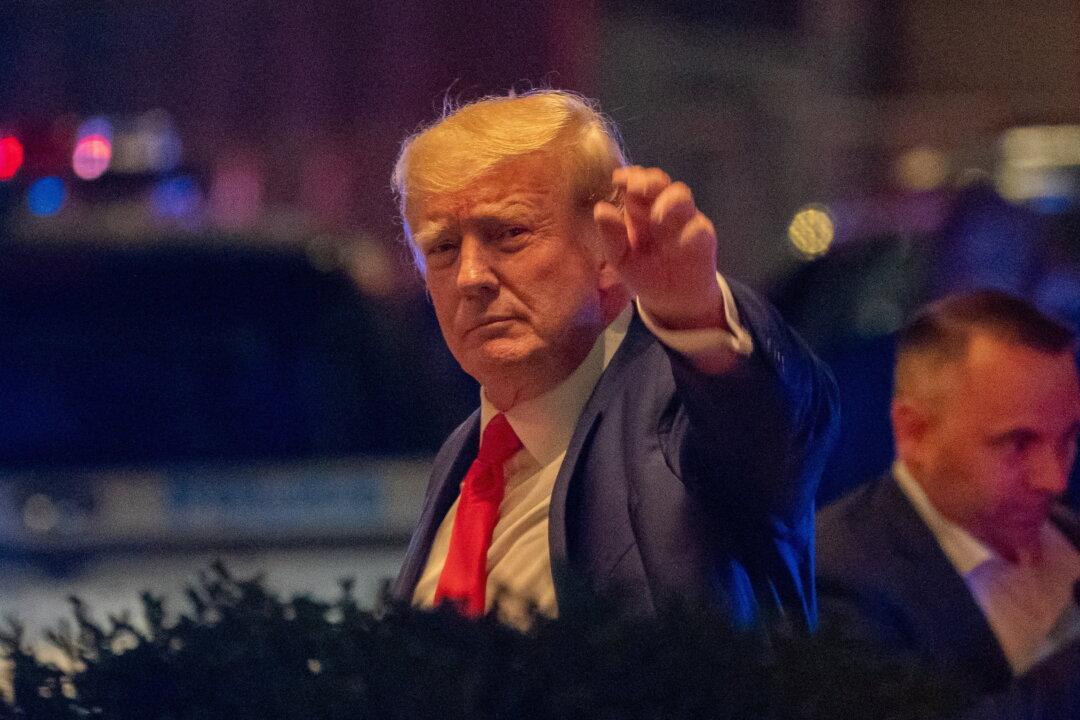The Justice Department (DOJ) asked the Supreme Court Tuesday to reject former President Donald Trump’s bid to have the court intervene in a dispute over documents seized from his Mar-a-Lago resort two months ago.
The 45th president last week filed an emergency request asking the high court to lift an appeals court decision preventing a special master from reviewing 100 documents that were allegedly marked classified. Those documents were among some 11,000 records that FBI agents seized on Aug. 8.





